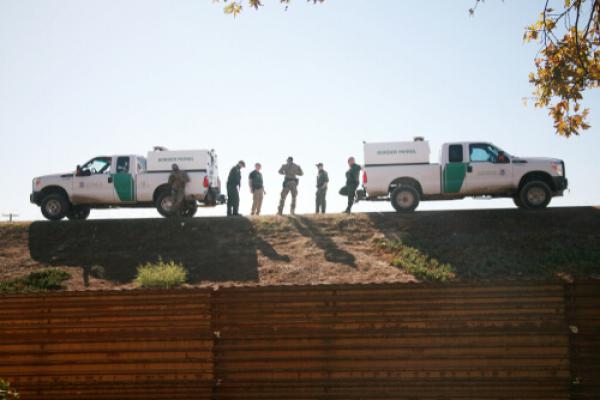Aug 1, 2019
The U.S. Senate Committee on Homeland Security and Government Affairs convened this week to discuss the unprecedented number of migrants at the southern border. As the Senators assembled, three young women stood in unison wearing matching pink shirts and signs with the words “No Racism, No Hate” in bold letters. A police officer informed them they would be arrested if they didn’t sit down. Throughout the often-tense meeting, both Republicans and Democrats acknowledged the direness of the situation at the border, though the committee members diverged about the best way to address the crisis.
Read the Full Article

Already a subscriber? Login
